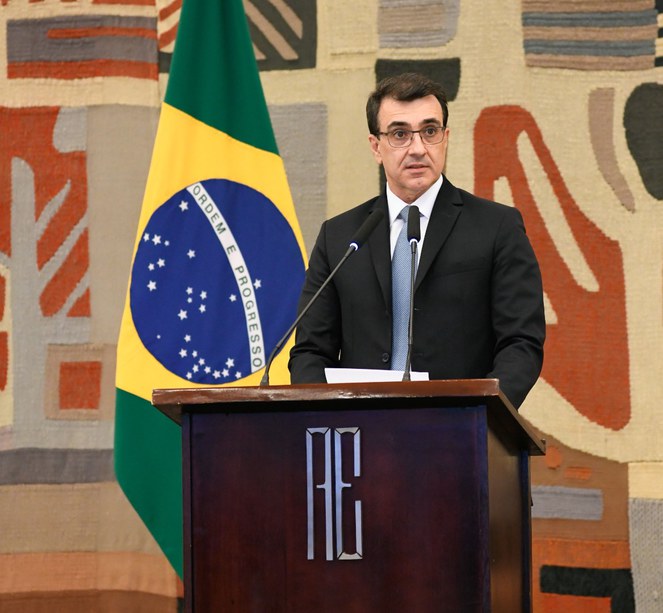
The search for an equidistant international positioning, The search for an equidistant international positioning, The search for an equidistant international positioning. map, map.
map. Approaches on one side or the other are soon perceived as ideological proposals by the current government, while they should be perceived as an agenda of the Brazilian State.
When we depart a little from the current international conjuncture and try to better understand the structure, we easily see that the world has adjusted itself around two countries: China and the United States. This is not about looking at the world with the same eyes as the Cold War, in which there was a clear bipolarity. The movement is now a little different, there was no indirect military clash between the two dominant powers of the time (United States and Soviet Union).
Now the look should be more towards the economic dimension.
The United States retains much of its influence via trade and finance., being a major international consumer (which makes many countries and production chains depend on North American consumption to survive), in addition to striving to ensure that the dollar remains the main international currency.
China, on the other hand, is more focused on finance in its investment dimension.. It has invested in infrastructure works in many countries (with special emphasis on those from the African and Latin American continents, but it has also grown in importance in West Asia). This also creates a great dependence on these countries as part of their economic development depends on Chinese decisions..
It is precisely in this scenario that Brazil needs to enter. As it turns out, It's not an ideological issue, but of a position in which the country needs to defend its most perennial interests. This position has been most seen with the current Minister of Foreign Affairs Carlos França, than the previous Ernesto Araujo.
It is important to recognize that Brazil is not a global power, that is, that our interests must be more concentrated as we do not have the resources available to act globally. Like this, we have to know how to take advantage of the opportunities that are offered to us, in order to maximize our returns.
Broadly speaking, Brazil needs to seek a position of equidistance between China and the United States. More than avoiding automatic alignments, the moment is to seek an international action in which it shows itself with more neutrality.
Among the various spaces in which Brazil can play a looser role is the BRICS. On here, in particular, within the New Development Bank (NBD). The Bank has proved to be a very important area of economic influence, as the recent statement by the Minister of Economy Paulo Guedes on the invitation he made for Argentina to become part of.
The more active Brazil is in the context of the BRICS, the greater the opportunities we will have to defend our national interests.
